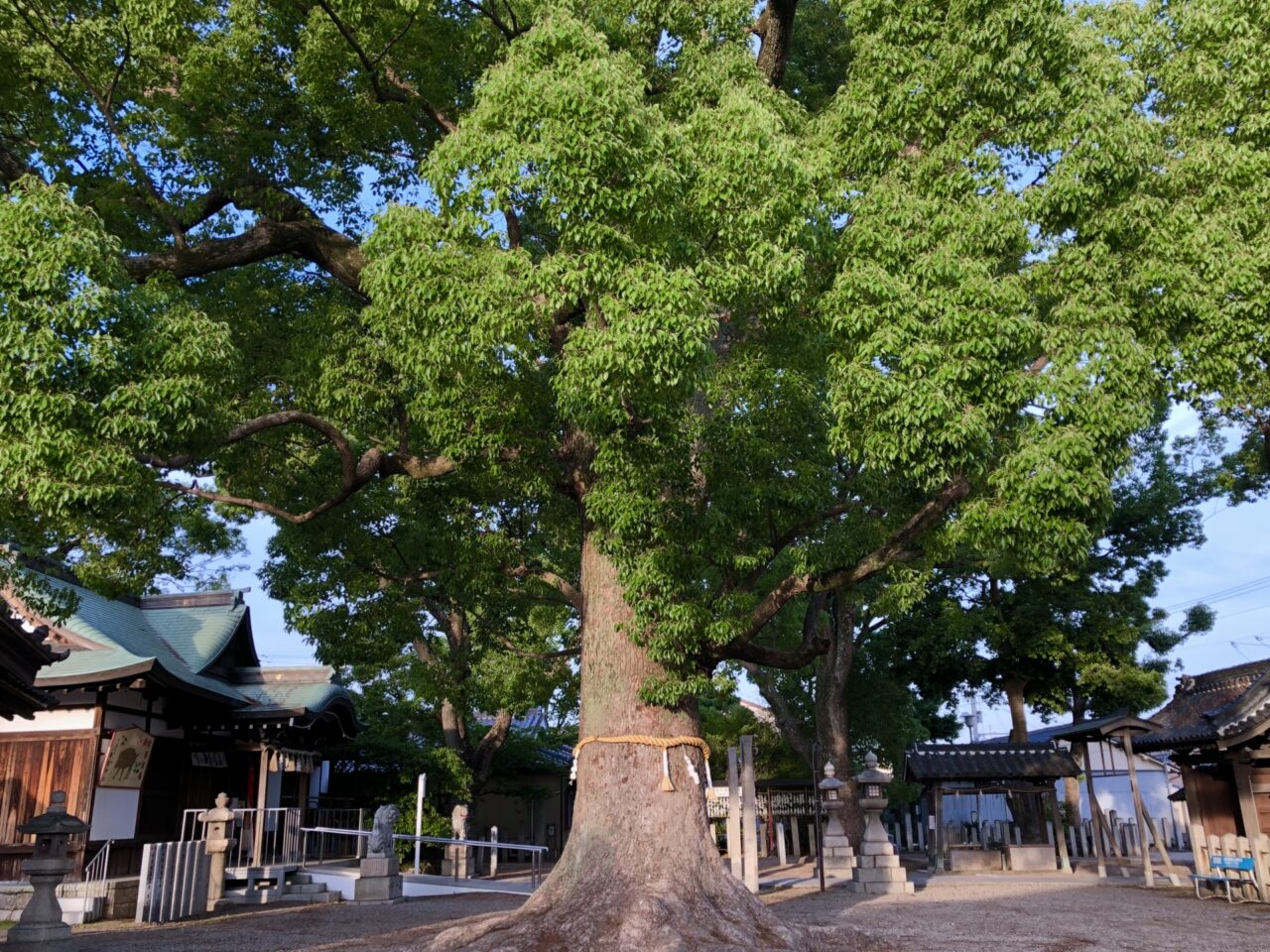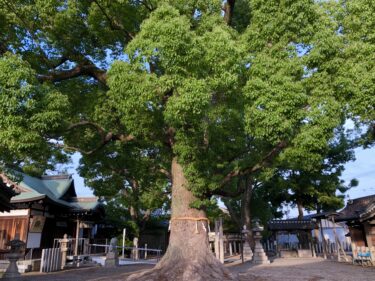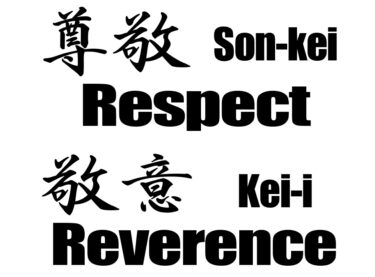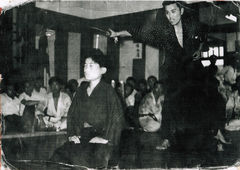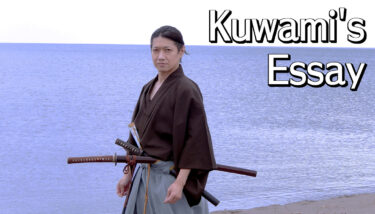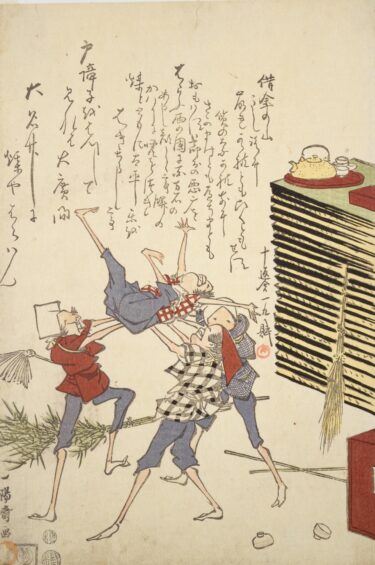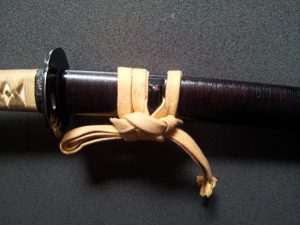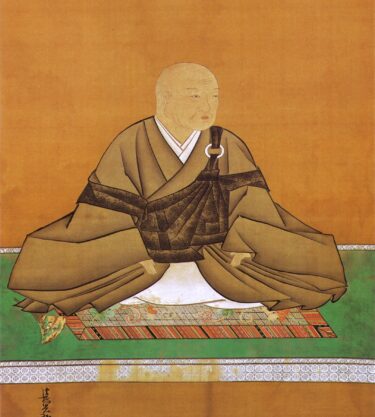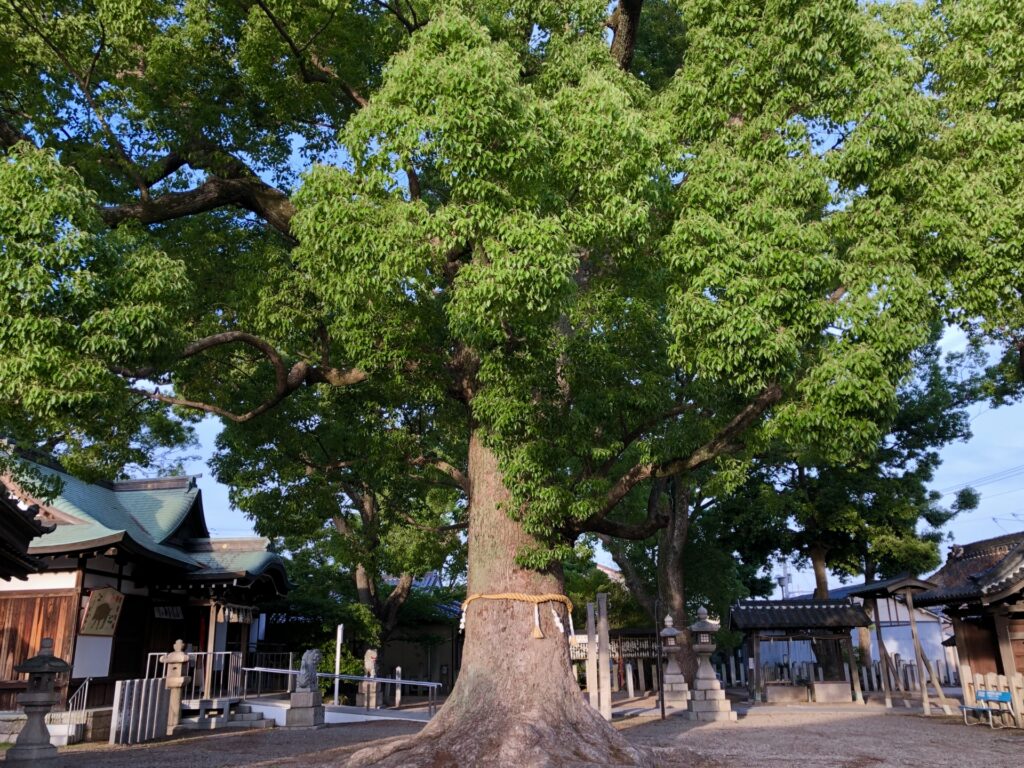
I recently came across some sad news from Japan: foreign tourists were seen throwing stones at a sacred tree (goshinboku). Many Japanese people were rightfully outraged by this.
I too feel anger toward such disrespectful visitors from abroad—but even more than that, I feel a deep sense of alarm.
Have we, the Japanese people ourselves, not begun to lose our own sense of public-mindedness?
In Japan, we have a tradition of nature worship. In Shinto, there has long been a custom of revering certain trees within shrine precincts as goshinboku—sacred trees believed to house divine spirits. This belief has been passed down from ancient times to the present.
Around the world, there are trees said to be over 5,000 years old. In Japan, the primeval forests of Yakushima are said to be over 3,000 years old.
Trees that have endured such vast spans of time, far beyond the scale of a human life, are believed to hold powerful spiritual energy. They are seen as guardians of the land and of the people, and are often deified.
These great trees, firmly rooted in the earth and reaching their branches to the sky, are symbols of prosperity and life energy.
But at the same time, I believe that all trees within a shrine’s grounds can be considered sacred. While this may vary depending on one’s beliefs, it comes from the idea that everything within the domain of the kami (gods) is a sacred existence.
Whether this perspective has always existed is uncertain—but especially in recent times, people’s religious faith has diminished.
And with that, so has their moral awareness.
In Japan, there is a traditional way of thinking: while something may indeed be “mine,” it is also something that has been humbly received from the heavens, the earth, or our ancestors—a precious thing on loan.
At the same time, we also think of others’ belongings as if they were our own.
This doesn’t mean we can do whatever we please with them. Rather, it’s the idea that we treat our own possessions with the care we would show to others’, and that we treat others’ belongings with the same respect we give to our own.
This spirit of respect for the public sphere is one of the major reasons why public spaces in Japan are kept so clean and well maintained.
To regard all trees in a shrine as sacred goshinboku and to treat them with care—this attitude reflects a deep reverence for nature. But today, even among the Japanese, we are seeing a spiritual decline. A sad mindset is spreading like a disease: that other people’s property, or public property, may be treated carelessly.
Within our tradition as well, during demonstrations or events, I always teach our students not to lean their belongings against buildings or other structures unnecessarily.
As guests, they should behave with the utmost respect and humility.
But no matter how strictly I try to instill this, it rarely seems to truly reach their hearts.
During practice, I often lend weapons and equipment to students. Yet many Japanese forget that they are using something borrowed—they treat the items roughly, and sometimes even damage them unnecessarily.
The same can be said of foreign students, of course.
A imitation sword is not a real blade, but because it takes the form of a sword, it must be treated as one.
Of course, overly sanctifying it would only hinder training—that would be missing the point.
But if a person cannot show even a basic level of respect, it is impossible to form a genuine friendship or mutual trust.
One time, during a Tenshin-ryu training camp, a simple piece of training equipment that I had purchased at my own expense was broken beyond repair within just a few dozen minutes while I had briefly looked away.
To explain it simply, the device was meant to be operated by pressing a button—but instead, someone struck that button with a wooden sword or spear, causing it to immediately break.
When I asked, the students who had been using it claimed that it wasn’t them.
It was an unbelievable excuse. But what saddened me more than anything was that no one apologized for the way it had been treated.
The most important issue here isn’t simply that something was done wrong—what matters is that they lost the opportunity to learn a basic awareness: to treat things with care.
If not just one person, but all those who used the equipment had reflected sincerely on what happened and learned from this mistake, then neither the money I spent nor the training tool itself would have been wasted.
But if every individual insists, “It wasn’t me,” then who will take responsibility?
In the end, the only person who truly reflected was me—I simply resolved never to lend them anything again.
There is no sadder outcome than that.
Of course, as a teacher of martial arts, I can’t simply decide never to lend things again—that was just a moment of frustration, a kind of joke.
Religion is a complicated matter. But one simple truth has remained constant throughout history and across cultures: when respect is lost, relationships break down and conflict arises.
At the same time, respect that flows only one way often leads to condescension and disappointment.
In the end, it’s about balance.
We now live in a time when, thankfully, it is possible to coexist without fighting, and even to share excess with one another.
So whether or not this mindset is uniquely “Japanese,” I would like to help revive the culture of respectful treatment of things here in Japan—and, if possible, to spread it throughout the world.
